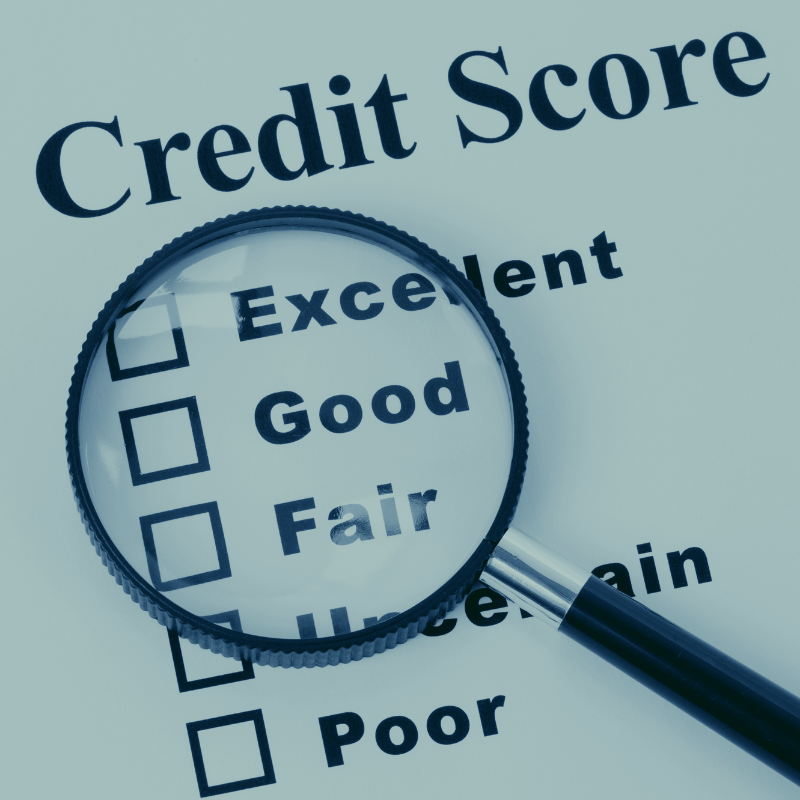
Credit Score For Buying a Home
Your credit score is vital for many major financial transactions in life, including a mortgage to finance your future house. Lenders look at several factors to determine your eligibility for a mortgage, one of which is your credit score. A mortgage company Las Vegas can provide more information on the credit score you’ll need to apply for a mortgage and help you understand how your credit score affects homeownership.
Why Are Credit Scores Important for a Loan?
When you apply for a mortgage Las Vegas, the lender will want to know the likelihood of you defaulting on your loan or having the means to pay off your loans as planned each month. This assessment evaluates your level of risk, and your credit score largely determines it. Lenders evaluate your credit score, along with the rest of your credit history, when you apply for a home. If you have a low credit score, you are considered a higher risk for the lender. Having a lower-than-average credit score doesn’t necessarily disqualify you from buying a home. Still, it may restrict the types of loans that you are eligible for, and it may mean that you need to pay mortgage insurance each month to protect the lender in case you default on your loan.
 Understanding Your Creditworthiness
Understanding Your Creditworthiness
Your creditworthiness includes your credit score and credit report. Both play a crucial role in determining your eligibility for a mortgage Las Vegas. Your credit score provides a single snapshot of your creditworthiness to a lender. Still, a credit report shows the lender a more detailed overview of your credit history, including your past payments history.
Your credit report shows a lender important information about your payment history, including how much money you have borrowed in the past, whether you’ve paid it back in full and on time, and your credit line. Your previous payment history tells a lender how likely you are to repay your loan on time. To evaluate your credit history, the lender will look at past debts and your debt repayments for car loans, student loans, and credit cards. A lender will also look at bills that were sent to a collection agency, such as medical bills or utility bills that were unpaid or delinquent in payment. Public records, such as bankruptcy reports and tax liens, will be evaluated by a lender as well. Finally, the lender will look at previous inquiries into your credit history to see if you were granted credit based on prior credit reviews.
Credit scores cover a range of 330 to 850 on the FICO score chart. Your personal credit score shows your history of payments and whether or not you’ve paid previous debts on time. Late payments negatively impact your credit score. Reaching the maximum credit for a credit card can lower your total credit score. A lender also looks at your cumulative debt from car loans, student loans, and credit cards. The lender will also check to see how often you have assumed new debt or opened new credit cards, along with evaluating your history of managing your credit. Paying bills on time and having low credit card balances improve your credit score. (Read about the most common type of home loans.)
What is the Minimum Credit Score Required for a Mortgage?
Once you know your credit score, you’ll need to find a lender who will issue a loan based on your score. For conventional loans, including those issued by private companies, you usually need a minimum FICO credit score of 620 to 640. However, some government-backed loans allow you to obtain a mortgage with a lower credit rating. For instance, for a Federal Housing Administration (FHA) loan, you may be able to get a loan with a FICO credit score of 580. Sometimes, you can get a loan with an even lower credit score, provided you also agree to pay a premium mortgage insurance fee every month. Other specialty loans, such as VA and USDA loans, have unique criteria for securing a loan.

 How to Improve Credit Score – Buying a home With Low Credit Score
How to Improve Credit Score – Buying a home With Low Credit Score
You are permitted to review your credit report and credit score before you apply for a loan, and you should. That way, you can correct any mistakes before a mortgage lender reviews your application. To check your credit score, you may request a free report once each year from any of the three reporting federal agencies. Requesting an annual credit report does not impact your credit score.
If you discover that your credit score is lower than you would like, there are some ways that you can improve it. If you are usually late paying bills, set up payment alerts or automatic payments to ensure bills are paid on time every month. If possible, try to pay your credit card bills twice per month, which keeps your card balances low and improves your credit score. Pay any remaining balances in your credit card accounts before closing them, and don’t apply for new credit more frequently than you have to. If you have credit cards with higher balances, pay off those balances first to lower your credit utilization. Consider consolidating your debt, and reach out to your creditors to set up a monthly payment plan for assistance paying your bills.
To learn more about how your credit score affects your ability to buy a home, don’t hesitate to contact us for additional information. We will gladly help you find a loan to apply for based on your credit score and credit history so that you can take the next steps towards homeownership.








